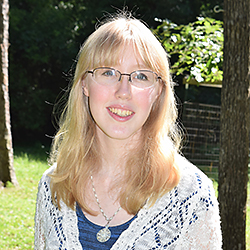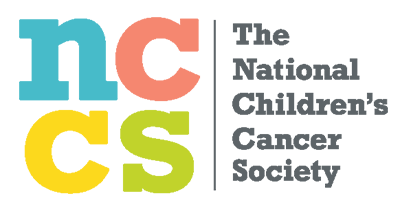Meet Abigail Spendlove

Years Awarded:
2020-2021
2019-2020
2018-2019
"Life is far too fragile to waste by pursuing comfort and hunting safety"
Only someone who has been diagnosed with cancer can understand that life is not your oyster, and a comfortable house, mediocre job, 2.5 kids, and a mortgage or two is not the pearl. Life is far too fragile to waste by pursuing comfort and hunting safety. Surviving cancer means not just “getting on” with my life but using my experience to make my life extraordinary; to truly help people. Everyone says they want to make the world a better place but how many actually do? I believe the reason so many “change the world” dreams fall flat is that people are not willing to risk their ordinary life. One who has had their life threatened can know exactly what that life is worth and ordinary is far too cheap.
To me, surviving cancer means to risk everything practicing nurse-midwifery among the poor rural communities of North Africa. At the age of four, I witnessed my brother’s birth, an experience which set in motion a fascination with the female body. How a woman can sustain a living being inside herself, nourishing it, seems to me one of the greatest and most mysterious feats of all. The midwife attending my mother saw that interest and was eager to foster it. She allowed me to be present at a great many of my mother’s prenatal exams, showed me how to use her stethoscope, and helped me identify the lumps which were his arms and legs. It was at that young age, I knew beyond a shadow of a doubt that I wanted to be a midwife. As I grew older, I began to experience an urgency to share the Gospel with those in foreign countries, specifically those in Muslim-occupied nations. The poverty and desperation of people living in war torn northern Africa seemed a perfect opportunity to share the hope and love of Christ’s message of peace. However, it was not until I learned the staggering fact that in just a few of these countries more women die every year from childbirth than men die in battle worldwide that I saw how I could use my interest in midwifery to help others.
While I have always desired to help people, cancer taught me that living a safe, comfortable, prosperous life in a safe, comfortable, prosperous country is no guarantee of a long or happy existence. For all of my then sixteen years, I took great care of my health: I ate entirely organic foods, exercised my mind and body, and maintained a healthy weight. If anyone was low risk for any disease it was me, and yet I contracted one of the most deadly diseases in existence.
Unlike so many other children, I survived my cancer and I am convinced this is not a chance occurrence. My life has a purpose and it is to share the love or Christ. The natural human desire for safety, comfort, and prosperity – which many people today cannot imagine living without – are impediments to this goal and they have no place in the life of a cancer survivor. My boss, the nurse, and my grandparents all worry for my safety as well they should, I am choosing a particularly dangerous life, but I have been given the gift of life and it is my responsibility to pass that gift on to someone else.
